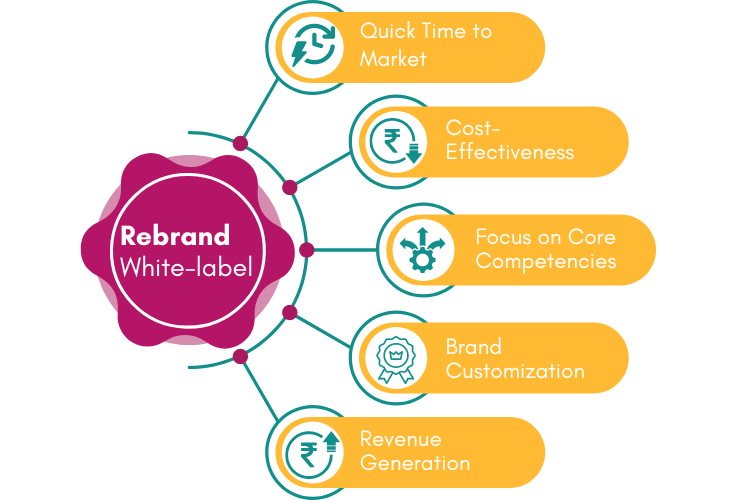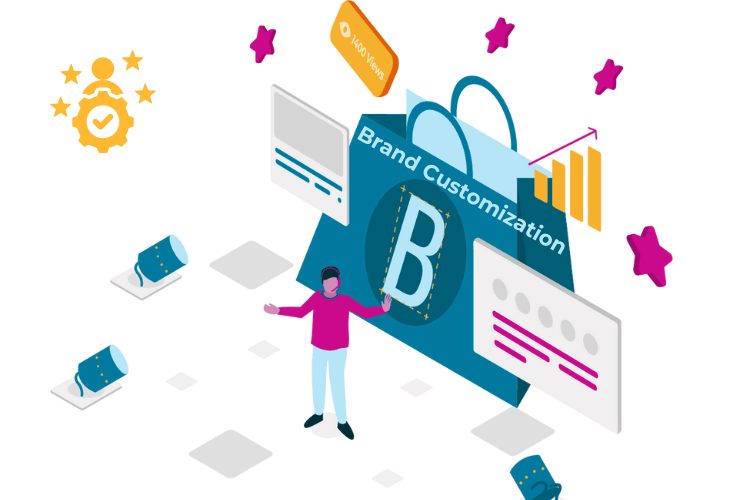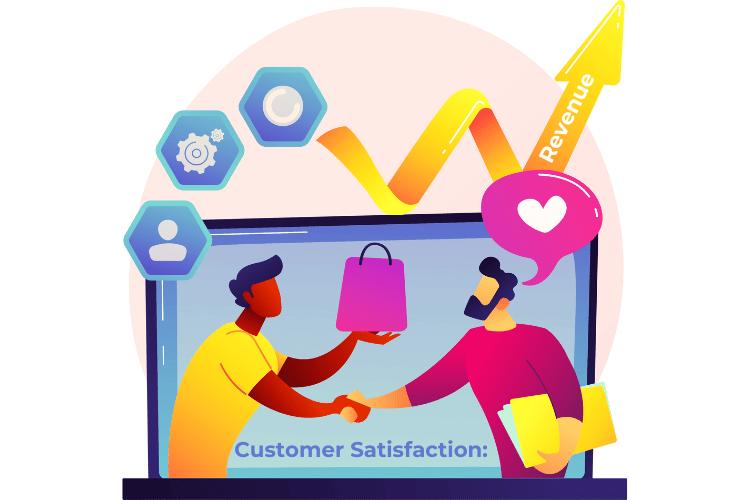Whitelabel System
White label software refers to a product or service developed by one company that another company rebrands and sells as its own. The concept is prevalent across various industries, including software development, marketing, and financial services. Here are some of the key benefits of white label software:
Quick Time to Market:
One of the primary advantages of white label software is its ability to expedite time to market. Instead of spending resources on developing a new product from scratch, companies can leverage existing white label solutions and bring them to market quickly. This allows businesses to capitalize on market opportunities and stay ahead of competitors.
Cost-Effectiveness:
Developing software from scratch can be expensive and time-consuming. By opting for white label software, companies can significantly reduce development costs and overhead expenses. They only need to pay for licensing or subscription fees, avoiding the high upfront investment associated with in-house development.

Focus on Core Competencies:
White label software enables companies to focus on their core competencies and business objectives without getting bogged down by technical complexities. Instead of diverting resources to software development and maintenance, businesses can allocate their time and energy to areas where they can add the most value and differentiate themselves in the market.
Scalability and Flexibility:
White label software solutions are often designed to be scalable and flexible, allowing companies to adapt to changing business needs and scale their operations seamlessly. Whether it's accommodating a growing user base, expanding into new markets, or adding new features and functionalities, white label software can support business growth without significant infrastructure investments.

Brand Customization:
While white label software is developed by a third-party provider, it can be fully customized to reflect the branding and identity of the reselling company. This includes incorporating company logos, color schemes, and other branding elements into the user interface. As a result, businesses can maintain consistency across their product offerings and reinforce their brand presence in the market.
Access to Expertise:
White label software is often developed by specialized companies with domain expertise in their respective industries. By partnering with these providers, businesses gain access to a wealth of knowledge and experience, ensuring that the software meets high standards of quality, functionality, and reliability.

Customer Satisfaction:
White label software allows companies to offer a comprehensive solution to their customers without having to build every component from scratch. This can lead to higher customer satisfaction, as users benefit from a well-rounded product that meets their needs effectively. Additionally, white label software providers often offer technical support and updates, further enhancing the customer experience.
Revenue Generation:
White label software presents opportunities for additional revenue streams for both the provider and the reselling company. Providers can generate revenue through licensing fees, while reselling companies can monetize the software by selling it to their customers under their own brand. This creates a win-win situation for all parties involved.

In summary, white label software offers a range of benefits, including speed to market, cost-effectiveness, scalability, brand customization, access to expertise, and revenue generation. By leveraging white label solutions, businesses can accelerate their growth, enhance their product offerings, and gain a competitive edge in the marketplace.
